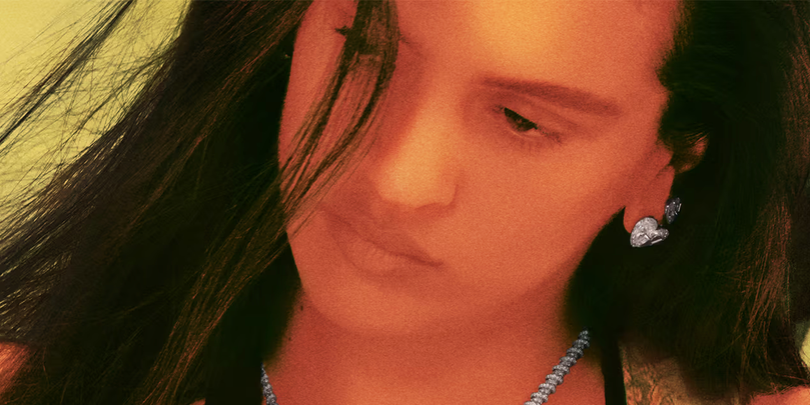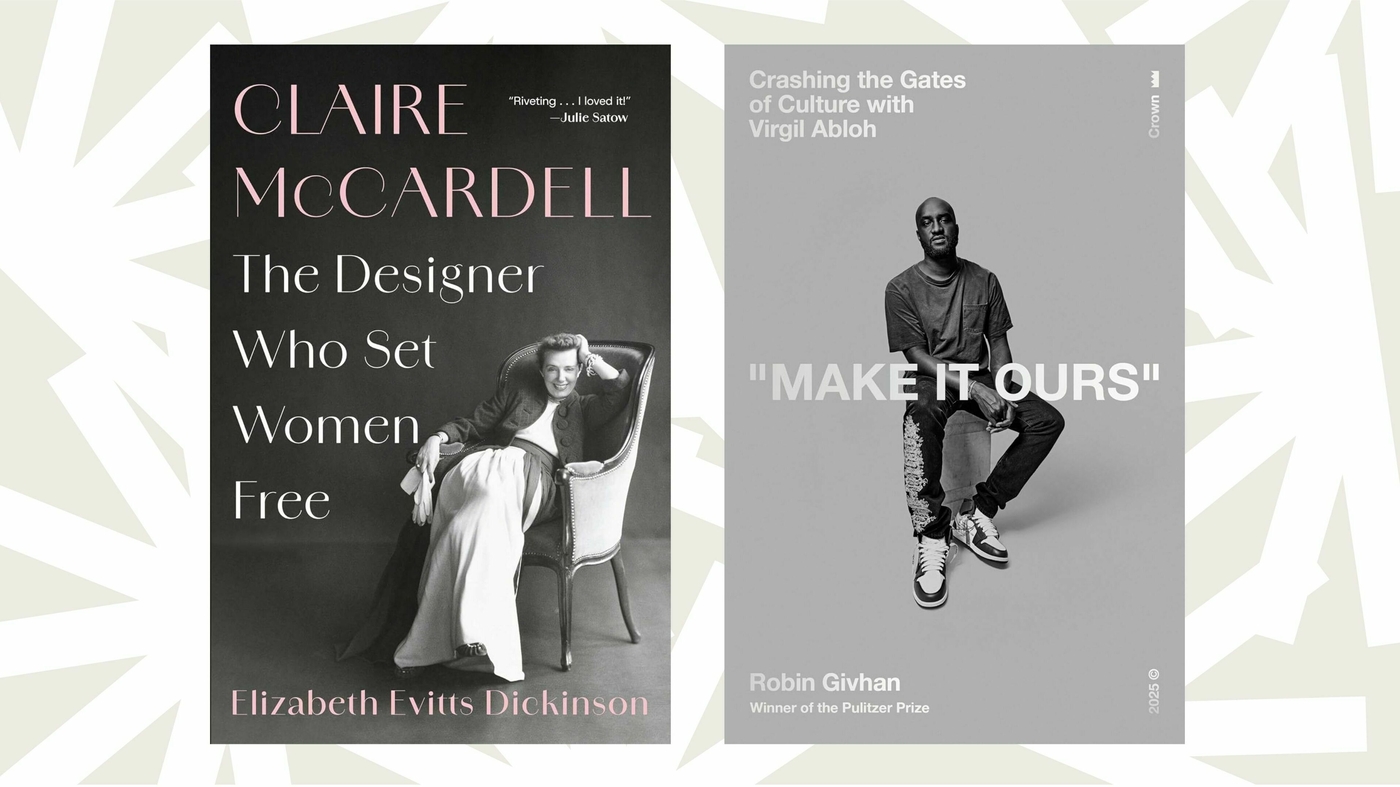It’s official: the Y2K-era trends of skinny jeans, butterfly clips and bedazzled everything are back — revived by Gen Z and embraced by many millennial women with a mix of rosy nostalgia and winking irony. But while we might be open to revisiting JNCO Jeans or digging up an old Von Dutch cap, there’s one Y2K-era artifact many of us aren’t necessarily keen to revisit: photos of ourselves.
For many millennial women, these childhood photos aren’t cringey because of outdated fashion or hairstyles. They’re uncomfortable in a deeper way — not because of how we looked, but because of how we were taught to feel about how we looked. Maybe it brings back memories of that oversized hoodie you wore to hide your stomach, the strands of hair carefully pinned over forehead acne, the way you learned to slouch to make your growing chest less noticeable, or the long pants you wore instead of shorts to conceal your thighs.
The early 2000s were a time when “bikini body” headlines and celebrity tabloid takedowns were everywhere, as much a part of the fabric of everyday life as MySpace and flip phones — and the unrelenting drumbeat of unrealistic beauty ideals, along with the flippant way this language was used, has had a lasting impact. According to Dove’s research¹, millennial women report the lowest body confidence of any generation.
It’s time to change that.
What we were taught to see
For women who came of age in the 2000s, there was a near-constant stream of messages telling us what our bodies should — and shouldn’t — look like. We grew up on media where the “chubby best friend” was always the butt of the joke (remember the fatsuit flashbacks of Monica on Friends?), and size zero was presented as the ultimate beauty ideal.
The magazines we devoured as teens often paired “miracle” weight-loss tips with “before and after” photos, implying that shrinking was the ultimate goal. Alongside those pages were relentless critiques of celebrity women’s bodies, fashion and behaviour, as beauty became defined in increasingly narrow terms. Britney Spears, Kate Winslet, Jessica Simpson — so many high-profile women were put under the microscope for gaining weight, wearing a so-called “unflattering” outfit or otherwise not fitting into the beauty ideals of the moment.
And the impact of being exposed to this type of language on a daily basis wasn’t fleeting. Over nine in 10 Canadian women remember seeing or hearing media coverage related to body shape ideals during the early 2000s, according to Dove’s findings — and nearly three-quarters (74%) admit that this coverage has had a lasting effect on how they feel about themselves, and their bodies, today¹.
Healing that starts with looking again
So, how do we move forward? By revisiting those same childhood photos we once stashed away and actively choosing to see them in a different light.
That’s why Dove is launching #UnseenBeauty, a social media movement that invites millennial women to share their stories by posting a photo of themselves from girlhood that’s hard to look at — and even harder to share — due to the impact of these unrealistic Y2K-era beauty standards.
#UnseenBeauty aims to mark the 25th anniversary of Y2K — the era when so many of these narrow beauty ideals took root — by encouraging women to share, and embrace, these vulnerable memories, inviting them to reclaim the body confidence narrative in the process — not just for themselves, but for future generations as well.
These photos tell a deeper, more empowering story if we’re willing to look closer — and by revisiting them with fresh eyes and a new perspective, we can finally see the beauty, strength and self-worth that was always there, even if we couldn’t recognize it at the time. And when we begin to see ourselves, and others, with compassion, we start to redefine what beauty really means.
Rebuilding body confidence and self-esteem
Looking at old photos with new eyes is just the beginning though. That same Dove research found that 73% of Canadian women feel there’s still work to do to improve today’s media portrayals of women in order to protect younger generations from experiencing the same impacts they did.
Fixing this, and helping women rebuild body confidence takes time and reflection, especially when you’re unlearning years of media messaging that told us we had to conform to someone else’s beauty standards as opposed to our own. It also requires the right tools — and to help address this, Dove did the work to create its first-ever body confidence toolkit for women. It’s a free resource backed by experts at the Centre for Appearance Research and designed to help women and girls build their body confidence on their journey toward self-acceptance.
This informative program is packed with a wealth of confidence-building content, including educational tools and practical resources like Dove Real Beauty Talks, along with a Why2k Podcast playlist featuring celebrity guests and companion journals.
It’s all in service of helping women learn to embrace a more authentic vision of beauty, one that isn’t seen through others’ eyes or dictated by media coverage, but that actually feels like their own. Because ultimately, that’s the goal of initiatives like #UnseenBeauty and the Dove Self-Esteem Project — to remind women everywhere that their beauty is real, and always has been, whether they currently see it or not.
It’s time to redefine beauty. Join the conversation by sharing your own Y2K-era photo and story on social media using #UnseenBeauty. Then visit the Dove Self-Esteem Project for more confidence-building tips and resources.
¹Dove, Weight of Words Research Study, 2025


